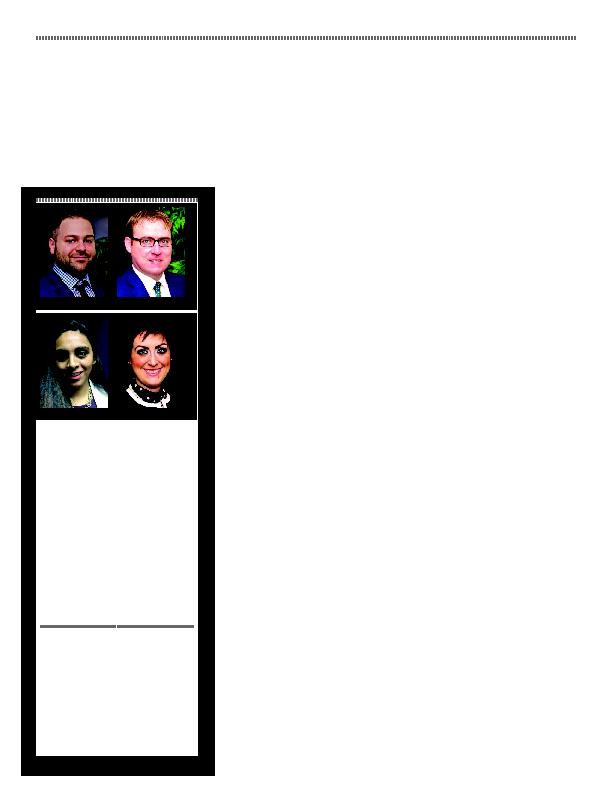
Using Injunctions to Protect Your Business
going rogue and derailing your
business keeps you up at night, you are
not alone. In the world of commercial
litigation, the balancing act in supply
chains, exclusive dealing contracts
and just-in-time delivery plans makes
for a perfect storm when a supplier
wants to exact (or coerce) a better
deal "or else." The "or else," of
course, is a breach of contract, which
your business would have to litigate
in court. And the thought of court
probably keeps you up at night, too.
Is there a procedure to shelter from
that storm? Yes. Enter the injunction.
Are They Useful Tools?
which if granted results in a court order
that requires and/or prohibits an opposing
party from doing specific acts. It is a
powerful tool that can be utilized in many
contexts: especially, supply chain/Uniform
Commercial Code (UCC) cases and
commercial litigation.
Injunctions are especially useful in
supply chain/UCC matters. Supply chains
often involve several different companies
working together including suppliers,
manufacturers and retailers, to produce
and/or distribute a specific product.
When disputes arise that threaten the
continuity of the supply chain, it can
have substantial impact on the companies
involved, their employees and the public
at large. Accordingly, injunctions can be a
powerful tool in preserving the status quo.
While interruptions in supply
chain management may pose the most
there are several other instances where
injunctive relief can be used to protect a
company's legitimate business interests.
In cases involving unfair competition,
tortious interference or breach of
restrictive covenants, a company
may seek a preliminary injunction at
the beginning of its case to prevent
the harmful action from continuing
throughout the lengthy litigation process.
A preliminary injunction can be used
to prevent systematic employee raiding
by a competitor (Tata Consultancy
Servs v Systems Int'l, 31 F3d 416 (CA
6, 1994), a breach of a non-compete or
non-solicitation agreement by a former
employee (Id), or the unfair/illegal transfer
of trade secrets (Johns-Manville Corp.
v. Guardian Indus. Corp., 586 F. Supp.
1034, 1074 (ED Mich. 1983).
Preliminary Injunction
your case? In most states and in federal
courts, there are four factors to be
balanced:
the court must estimate the legal
strength of your claim. A plaintiff
must demonstrate with the facts
available that it is likely to prevail
in its claim as a matter of law. This
is often the most difficult hurdle in
obtaining injunctive relief because
many of the facts may not be
available to the plaintiff at the outset
of the case.
contractor liability and commercial litigation.
He is a registered patent attorney with experience
in patent, trademark and copyright litigation
and commercial litigation.
mercial litigation and divorce and custody litigation.
322 West Lincoln
Royal Oak, Michigan 48067
248.544.1191 Fax
msmith@cardellilaw.com
vgujuluva@cardellilaw.com
jpaine@cardellilaw.com
cardellilaw.com